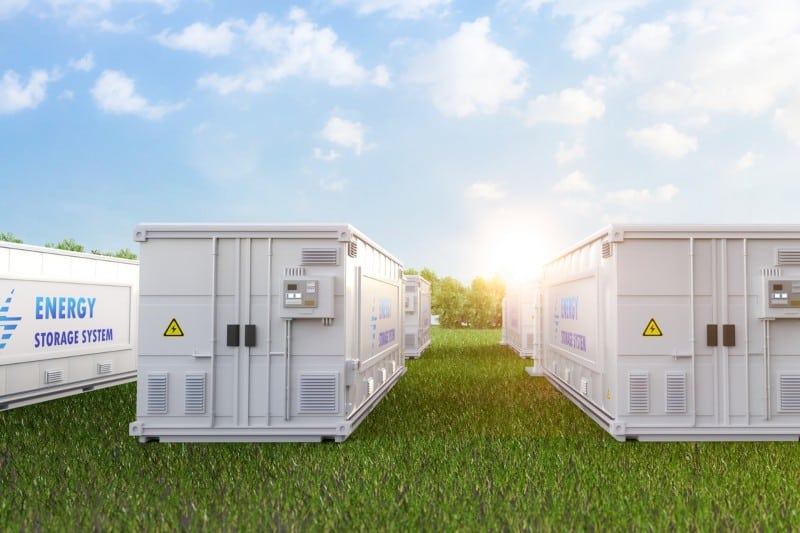The Provincial Electricity Authority (PEA) of Thailand will explore the feasibility of energy storage business models in collaboration with Nuovo Plus, a subsidiary of state-owned oil and gas company PTT Group. PEA, responsible for electricity provision in 74 provinces, excluding urban centers like Bangkok managed by the Metropolitan Electricity Authority (MEA), aims to leverage this partnership to enhance the country’s energy infrastructure.
In June 2024, PEA deputy governor Prasit Chanprasit signed a Memorandum of Understanding (MoU) with representatives of Nuovo Plus, a battery business launched by PTT Group. PEA operates under the Ministry of the Interior, while PTT Group falls under the Ministry of Energy. The MoU outlines a joint study on the feasibility of deploying energy storage system (ESS) technology in Thailand and developing suitable business models, utilizing the expertise of both parties.
PEA emphasizes that energy storage can increase access to clean energy, including renewables, while stabilizing the power distribution network and supporting continuous economic growth. Nuovo Plus produces battery solutions for electric vehicles, uninterruptible power supplies for data centers, and energy management system (EMS) technology. It also provides battery energy storage system (BESS) solutions for commercial, industrial, and utility-scale applications, alongside system integration services.
PTT Group’s Nuovo Plus operates a manufacturing joint venture with Gotion High-Tech’s Singapore subsidiary, Global Power Synergy Company (GPSC). Launched in late 2022, GPSC aims to establish a gigafactory in Thailand to produce battery packs and modules. GPSC’s products include GCELL, a lithium-ion battery cell featuring 24M’s SemiSolid electrode technology.
In July 2024, the PEA announced that Thailand’s deputy prime minister and energy minister, Peerapan Salirathavibhaga, visited one of the country’s first large-scale BESS facilities in Koh Samui. The visit aimed to inspect the project and discuss how energy storage and government policy can support energy security in the region.
Thailand heavily relies on fossil fuels, with natural gas and coal accounting for the majority of its power generation. Renewable energy, including biofuels and waste-to-energy, represents about 10% of the mix, with solar and wind at 4%. The Ministry of Energy’s latest Power Development Plan projects renewable energy to increase to 51% of the generation mix by 2037, with peak demand expected to grow to 56.1 GW.
(Source: Energy-Storage.News)

